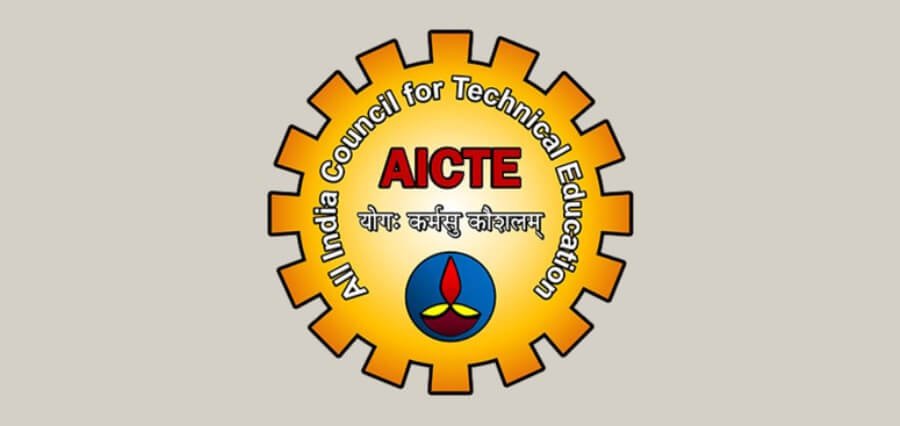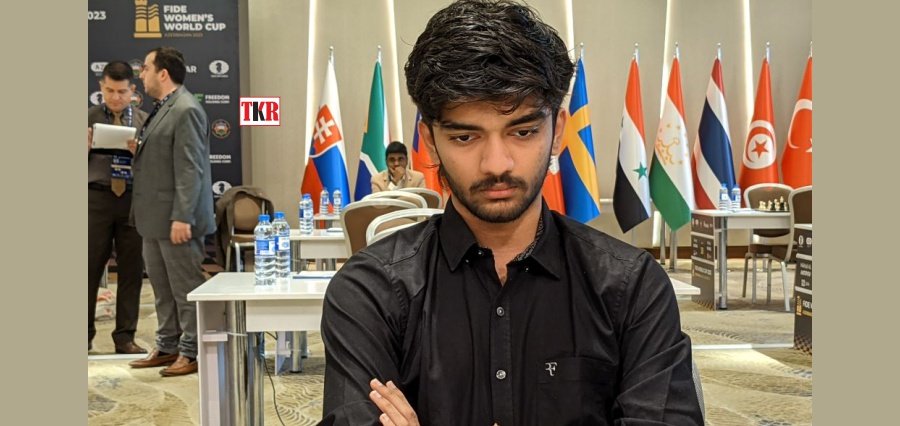The central government has secured a $500 million loan from the Asian Development Bank (ADB) to improve access to tertiary healthcare and enhance the quality of medical education in Maharashtra, as announced by the Manila-based regional development bank on Wednesday.
According to an ADB press note, the loan will enable the establishment of four new medical colleges, each equipped with specialized tertiary care training centers, and will support the recruitment of at least 500 doctors, with a focus on underserved districts. Tertiary healthcare involves specialized care for complex, severe, or life-threatening conditions provided over extended periods.
Mio Oka, Country Director for ADB’s India Resident Mission and signatory to the funding agreement, stated, “ADB’s decade-long support to India’s health sector development has shaped this program, aiding Maharashtra in its goal to provide affordable and accessible tertiary healthcare to all by 2030, while also strengthening a cadre of quality and professional medical practitioners.”
The funding is expected to bolster Maharashtra’s efforts to recruit and retain more doctors through performance-based incentives, and to encourage healthy competition among medical colleges through a performance-management system, ADB noted.
This financial support comes in the wake of nationwide protests by practicing doctors demanding improved hospital safety, and follows student protests regarding discrepancies in the NEET medical entrance exam. The funding is aimed at addressing broader concerns about medical infrastructure and improving the quality of medical education in India.
While Maharashtra’s urban centers such as Mumbai, Pune, and Nagpur are among the country’s most economically productive regions with access to medical services, rural areas often lack such facilities. According to the National Health Profile 2023, published by the Union Ministry of Health and Family Welfare, Maharashtra has the second-highest out-of-pocket healthcare expenditure among Indian states, following Uttar Pradesh.
The ADB funding could help mitigate the challenges posed by Maharashtra’s inadequate government medical infrastructure. As of early 2023, the state had 512 government hospitals with 27,337 beds. In contrast, Uttar Pradesh operates 4,942 government hospitals, and Tamil Nadu manages over 116,733 hospital beds, according to the National Health Profile 2023. It is important to note that health is a state subject in India.
India has long faced challenges with providing adequate and affordable healthcare. This year, experts have urged Union Finance Minister Nirmala Sitharaman to increase the number of hospital beds per thousand people, a key World Bank metric for assessing healthcare infrastructure.
Read More: https://theknowledgereview.in/





